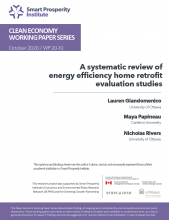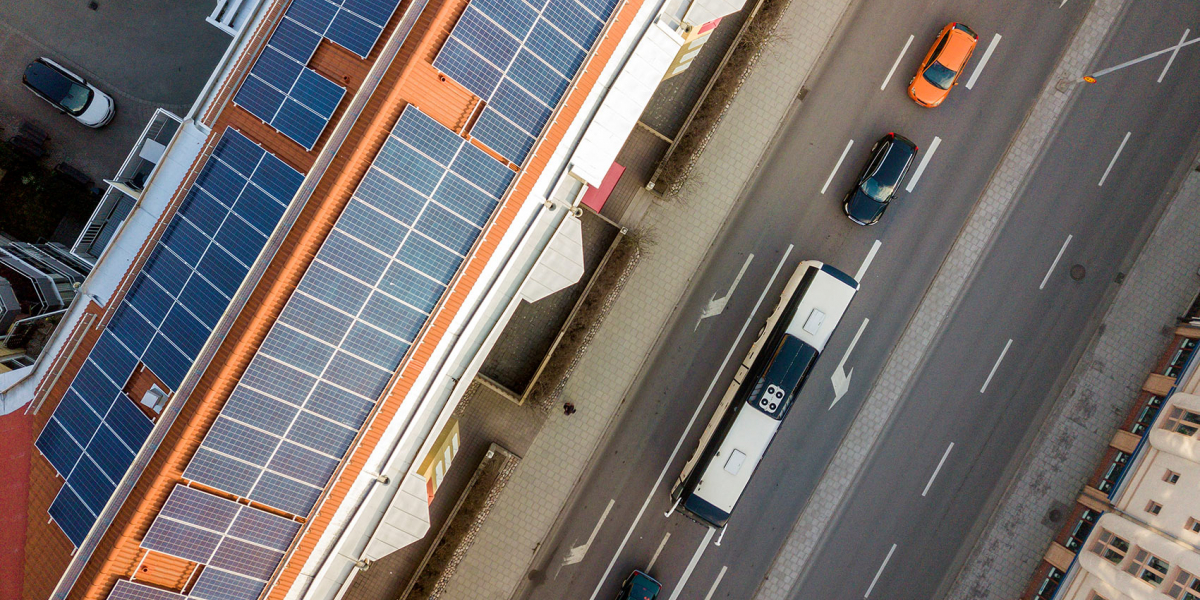By Lauren Giandomenico, Maya Papineau and Nic Rivers
This working paper documents the first systematic review of studies that evaluate the energy savings and cost effectiveness of residential energy efficiency retrofit programs. It specifically reviews 33 evaluations of 19 residential retrofit programs that were implemented in the United States and Europe between 1979 and 2014. The sample is restricted to program evaluations that used actual household billing data from 159,935 retrofitted households.
Four main findings were identified:
-
First, none of the studies in the sample reported deep savings (e.g., 50% or greater) from retrofit programs. The mean reduction in measured electricity and/or fuel consumption due to energy efficiency retrofits for all programs included in our sample was roughly 7.5%. However, because many households use fuel and electricity, total household energy savings from retrofit programs evaluated in our sample are probably smaller.
-
Second, reported program savings decreased as the internal validity of study design increased.
-
Third, in terms of realized savings and cost-effectiveness, the most promising retrofits were water heater insulation and programmable thermostats, and the least promising retrofits were storm windows and doors.
-
Fourth, programs with high reported savings and low costs of conserved energy served low-income, fuel-heated households exclusively.
Residential retrofit programs are often reached-for in times of economic hardship because they can reduce greenhouse gas emissions in a high-consuming sector while creating jobs and stimulating the economy. Although not all residential retrofit programs are created equal: as presented in this study, some retrofit programs achieved higher savings with better cost-effectiveness than others. Research in this field should continue to evaluate the social welfare of retrofit programs and seek to determine an optimal method for targeting and engaging program participants in order to ensure that the maximum number of eligible participants are reached and recruited.
READ THE WORKING PAPER: A systematic review of energy efficiency home retrofit evaluation studies
The Clean Economy Working Paper Series disseminates findings of ongoing environmental and clean economy work conducted by researchers from a range of disciplines. These working papers are meant to make results of relevant scholarly work available in a preliminary form. Although these papers have not undergone a peer-review process, they meet general standards of scholarly excellence. The views expressed in these working papers are those of the authors and do not necessarily reflect the opinions of Smart Prosperity Institute.



